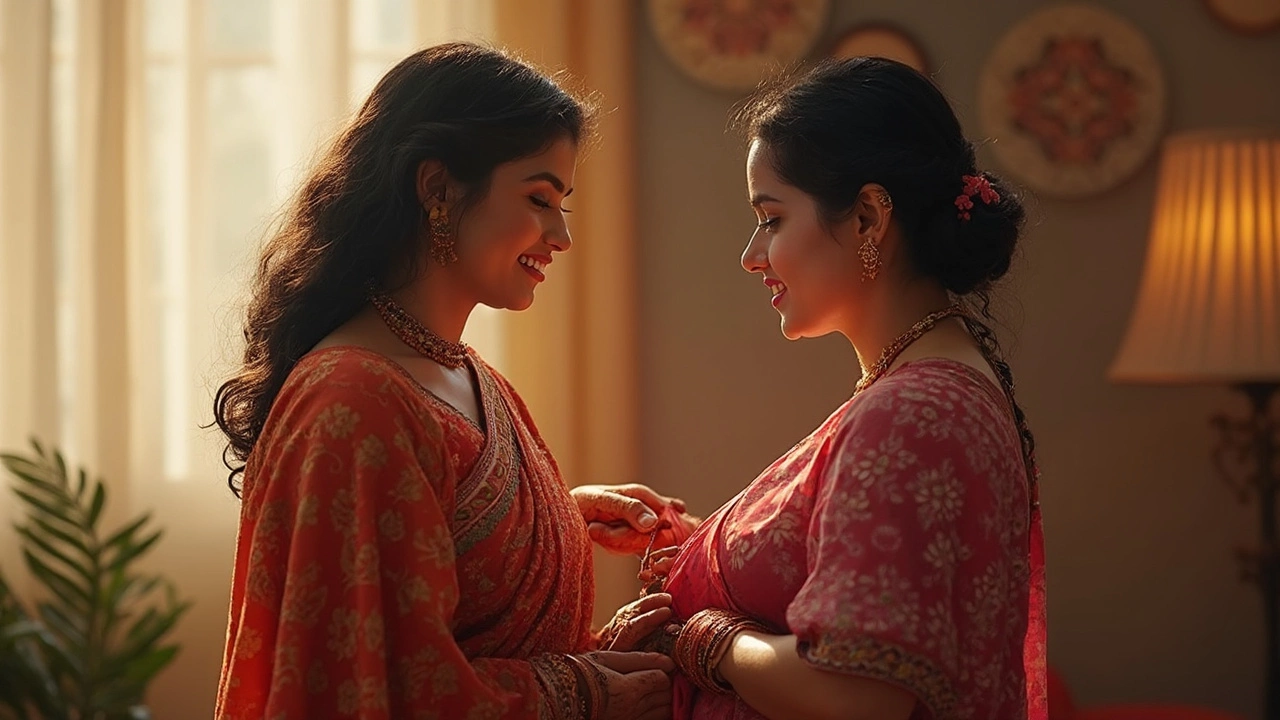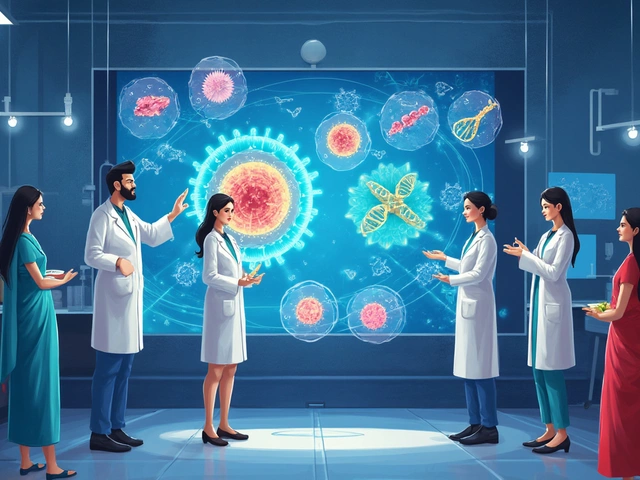Egg Donor: Essential Guide to Egg Donation, IVF and Genetics
When working with egg donor, a woman who provides eggs for assisted reproduction. Also known as egg provider, she is the cornerstone of many fertility journeys. IVF, in‑vitro fertilisation that combines eggs and sperm outside the body relies on high‑quality eggs, and the genetic material she offers shapes the child’s DNA. This means genetics, the study of heredity that determines traits passed from donor to child is at the heart of the process. Understanding how an egg donor fits into the reproductive timeline helps you see why screening, legal consent, and medical coordination are non‑negotiable steps.
Key Steps in Egg Donation and the Role of Reproductive Endocrinology
The journey starts with a thorough medical and psychological evaluation. reproductive endocrinology, the specialty that manages hormone‑driven fertility treatments oversees hormone stimulation, monitors follicle growth, and schedules egg retrieval. Hormone injections trigger multiple eggs to mature, and daily ultrasounds track their development. Once the eggs are ready, a minor surgical procedure extracts them, preserving their quality for fertilisation. During this phase, legal agreements clarify compensation, parental rights, and anonymity, ensuring both donor and recipient are protected. After retrieval, the eggs are fertilised with the intended father’s or donor sperm, creating embryos that can be transferred, frozen, or genetically screened.
With the embryos ready, the focus shifts to implantation and pregnancy. Clinics assess the uterine environment, often using hormonal support to optimise the lining for embryo transfer. Success rates hinge on the donor’s age, ovarian response, and the quality of the genetic material – all factors tied back to the original donor screening. Ethical considerations, such as donor anonymity versus the child’s right to know their origins, also influence how programmes are structured. Looking ahead, advances in genetics and cryopreservation are expanding options for both donors and families, making egg donation a continually evolving field. Below you’ll find a curated selection of articles that dive deeper into each step, share real‑world experiences, and offer practical tips for anyone navigating the world of egg donation.

Understanding the Biological Mother in IVF: Who Really Is She?
In the world of IVF, the question 'Who is the biological mother?' can spark confusion. This article breaks down the concept, explaining the roles of genetic and gestational mothers in IVF. It explores how each contributes biologically and emotionally, helping potential parents understand the implications. With insights into the legal and personal dynamics of IVF, readers will discover the complexities of defining motherhood in this modern context.
read more



